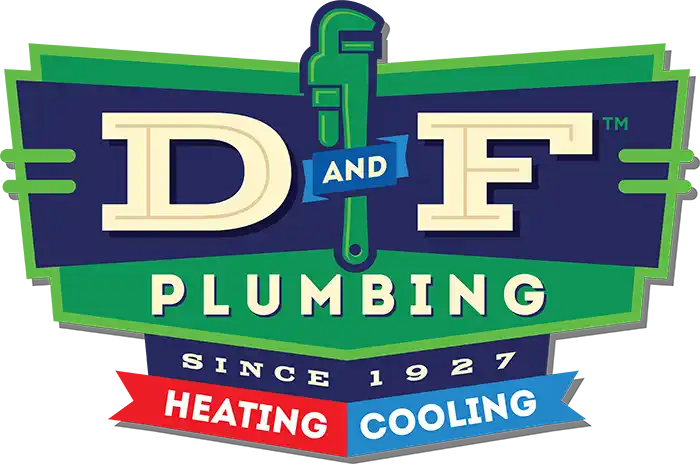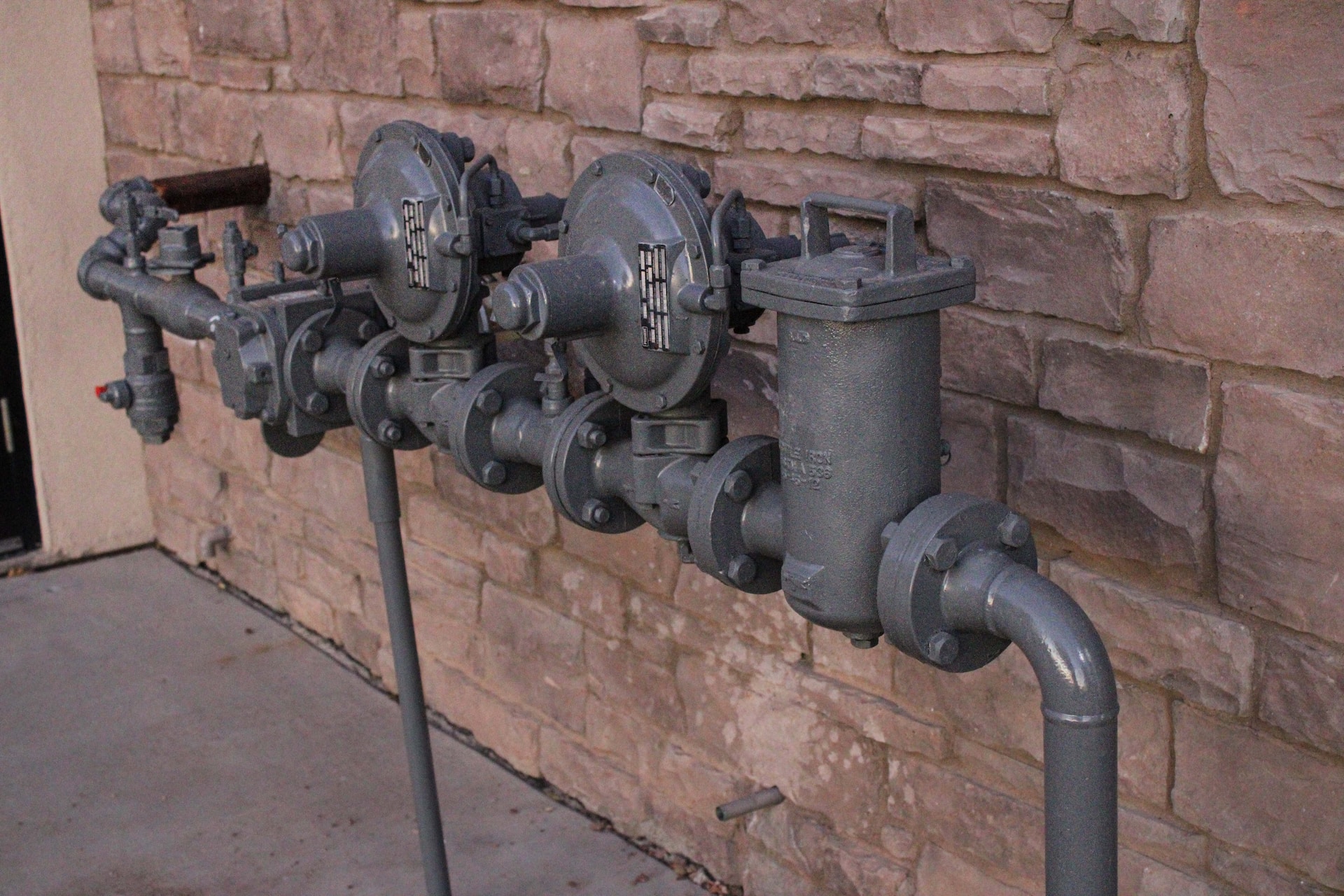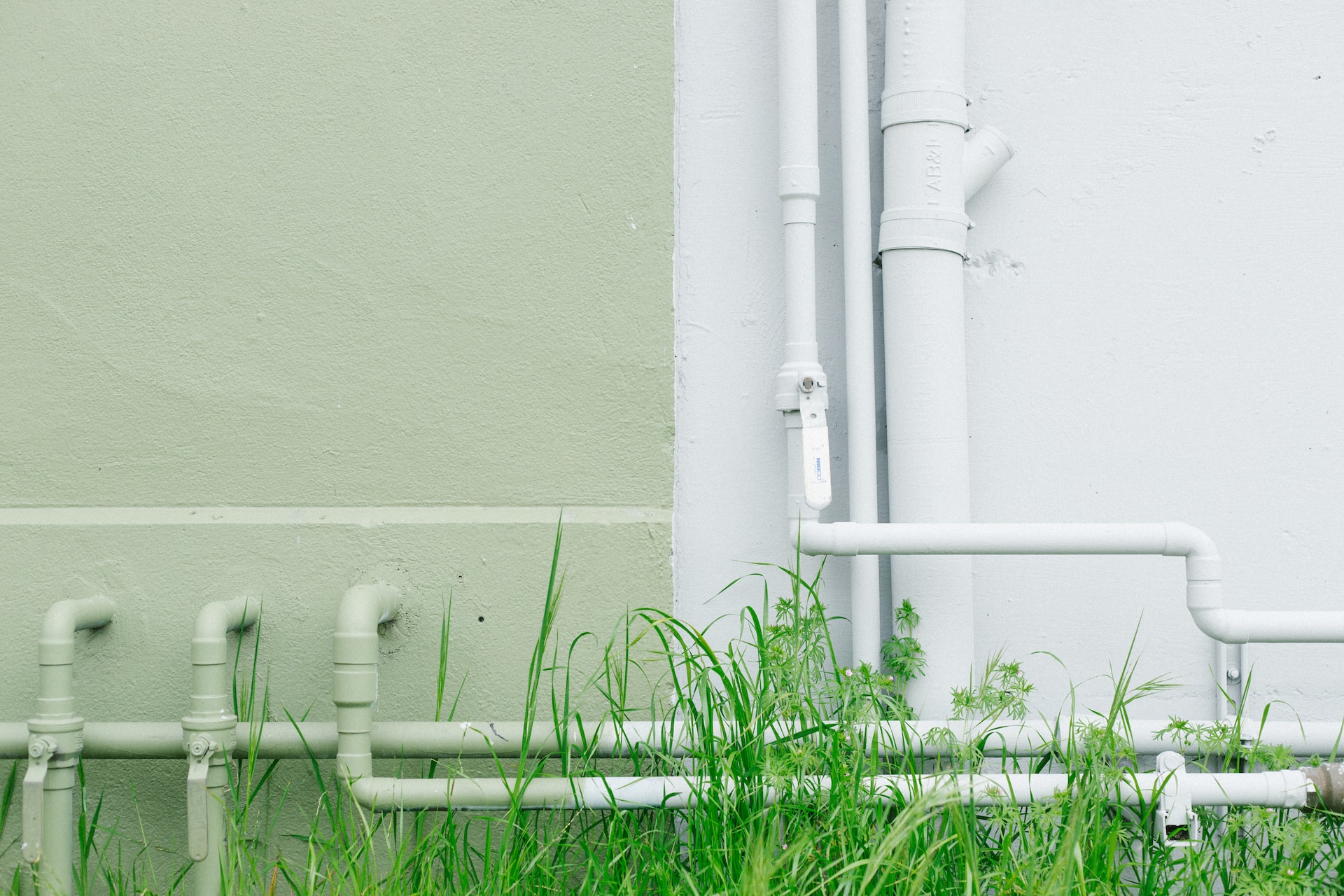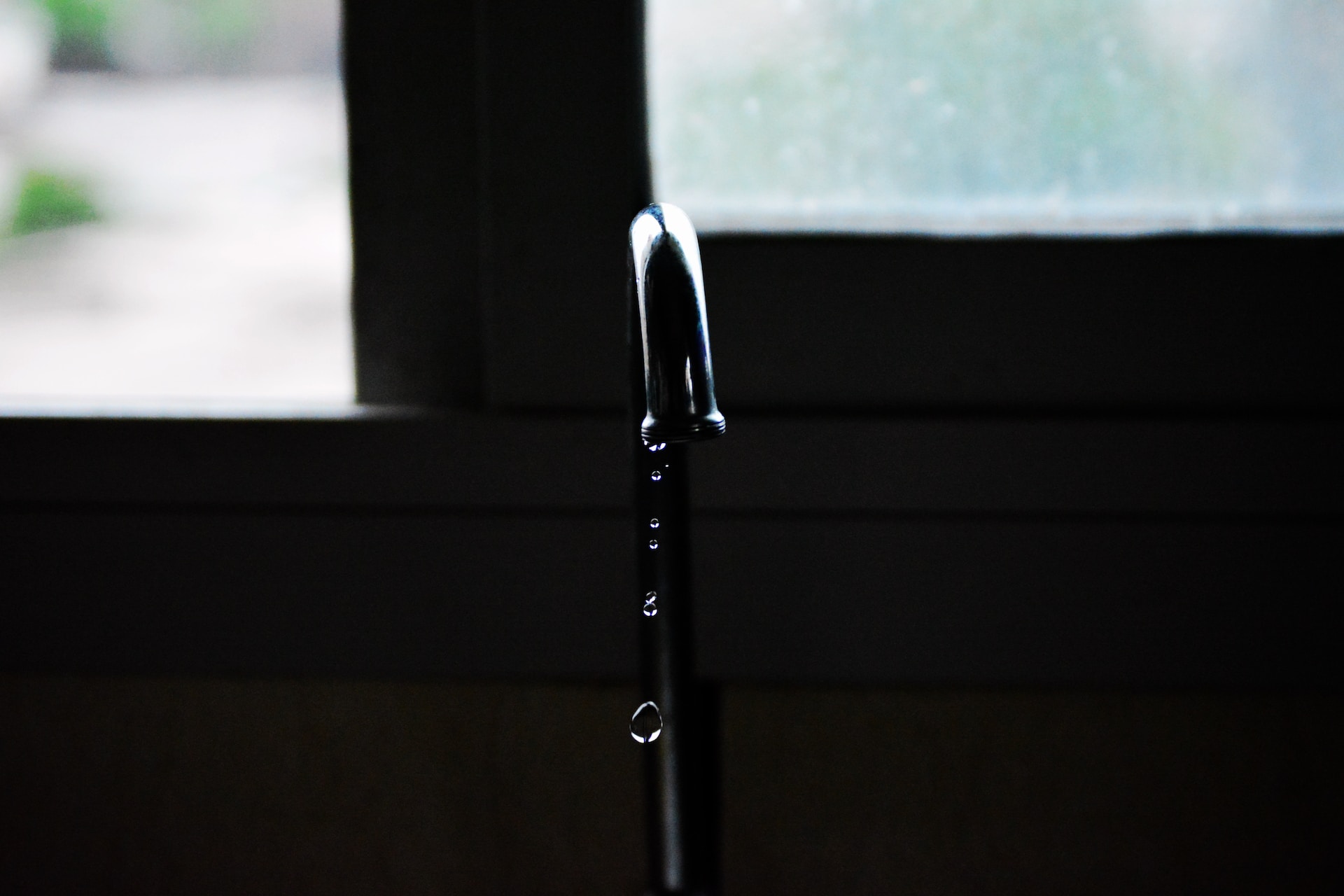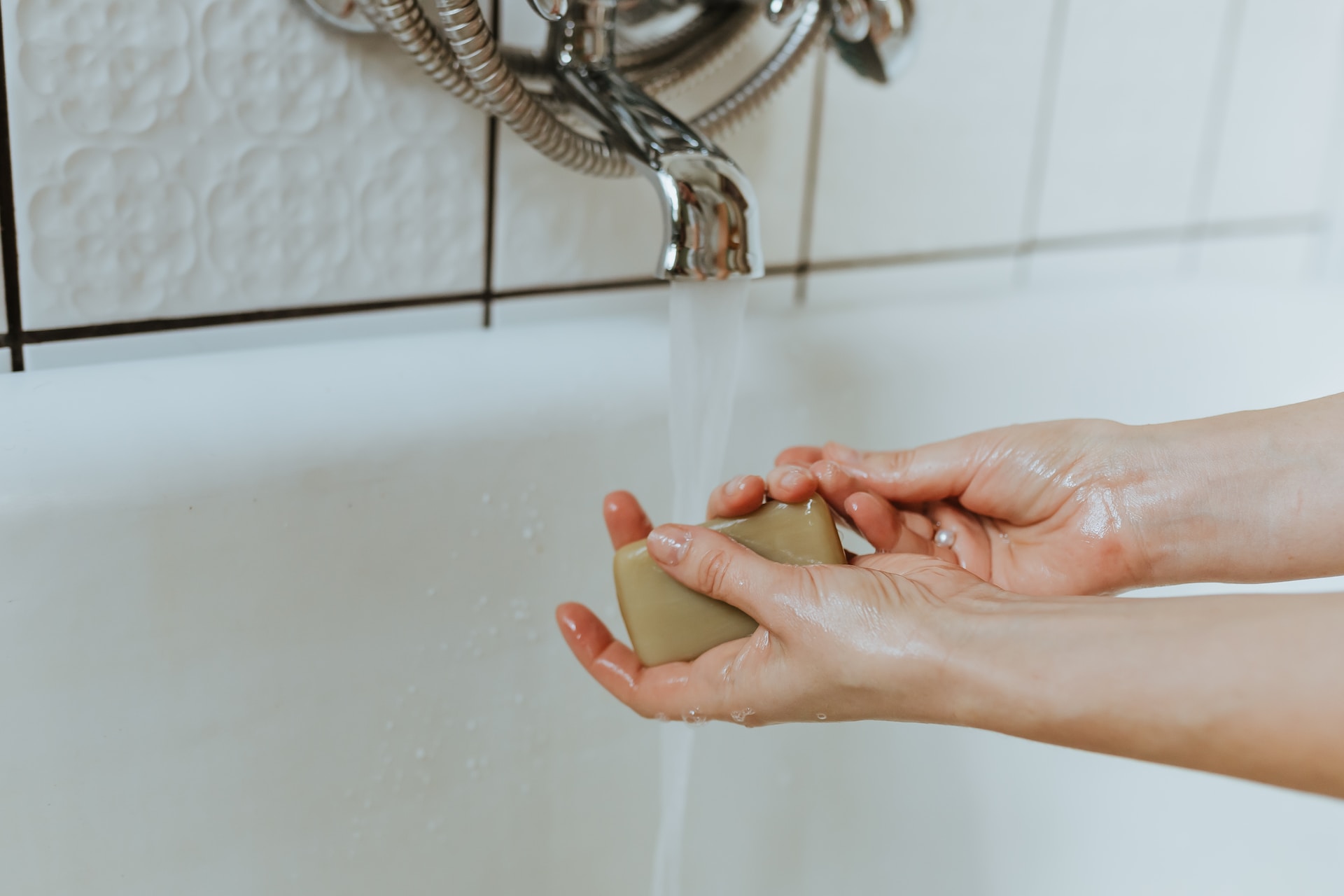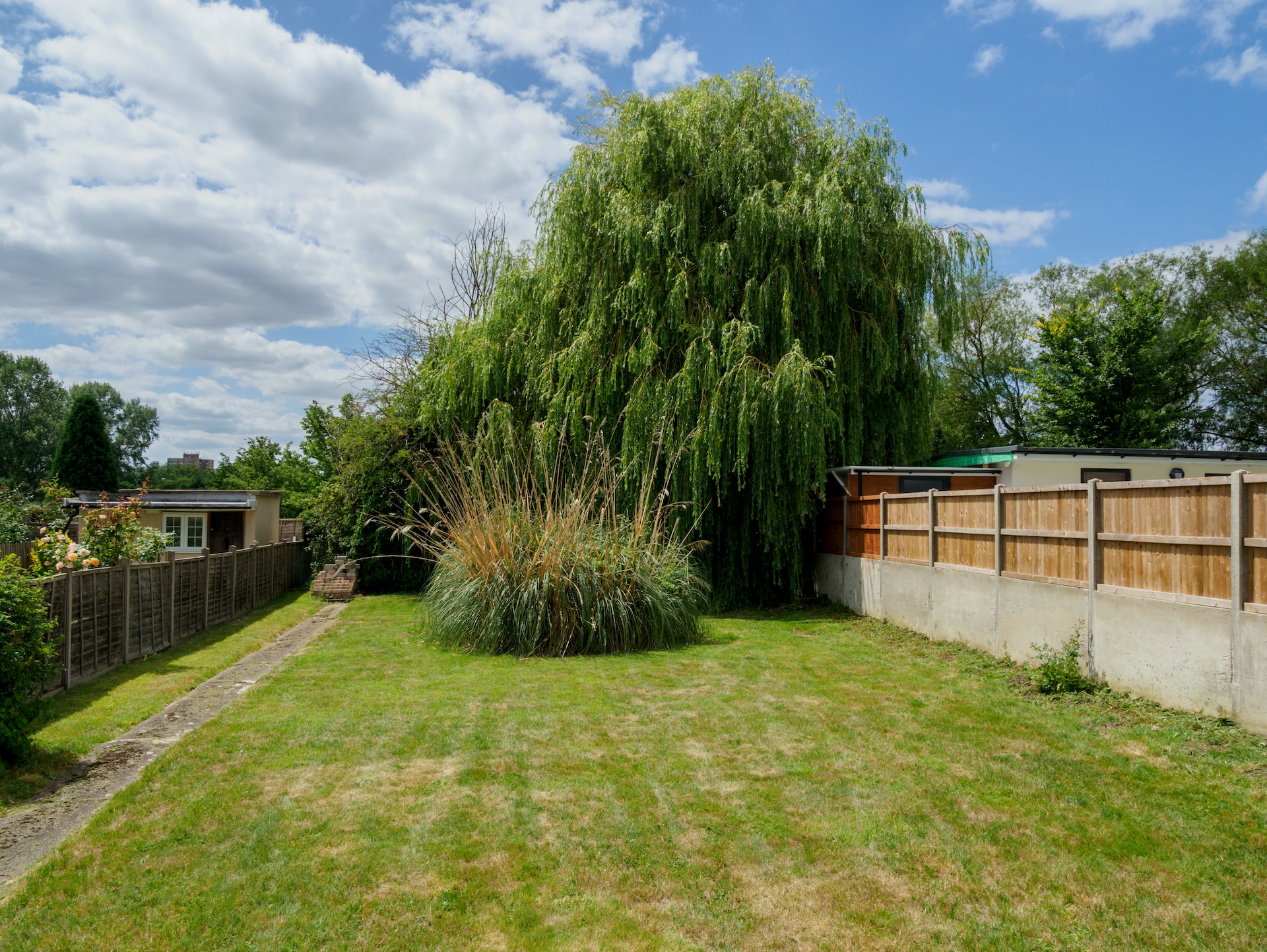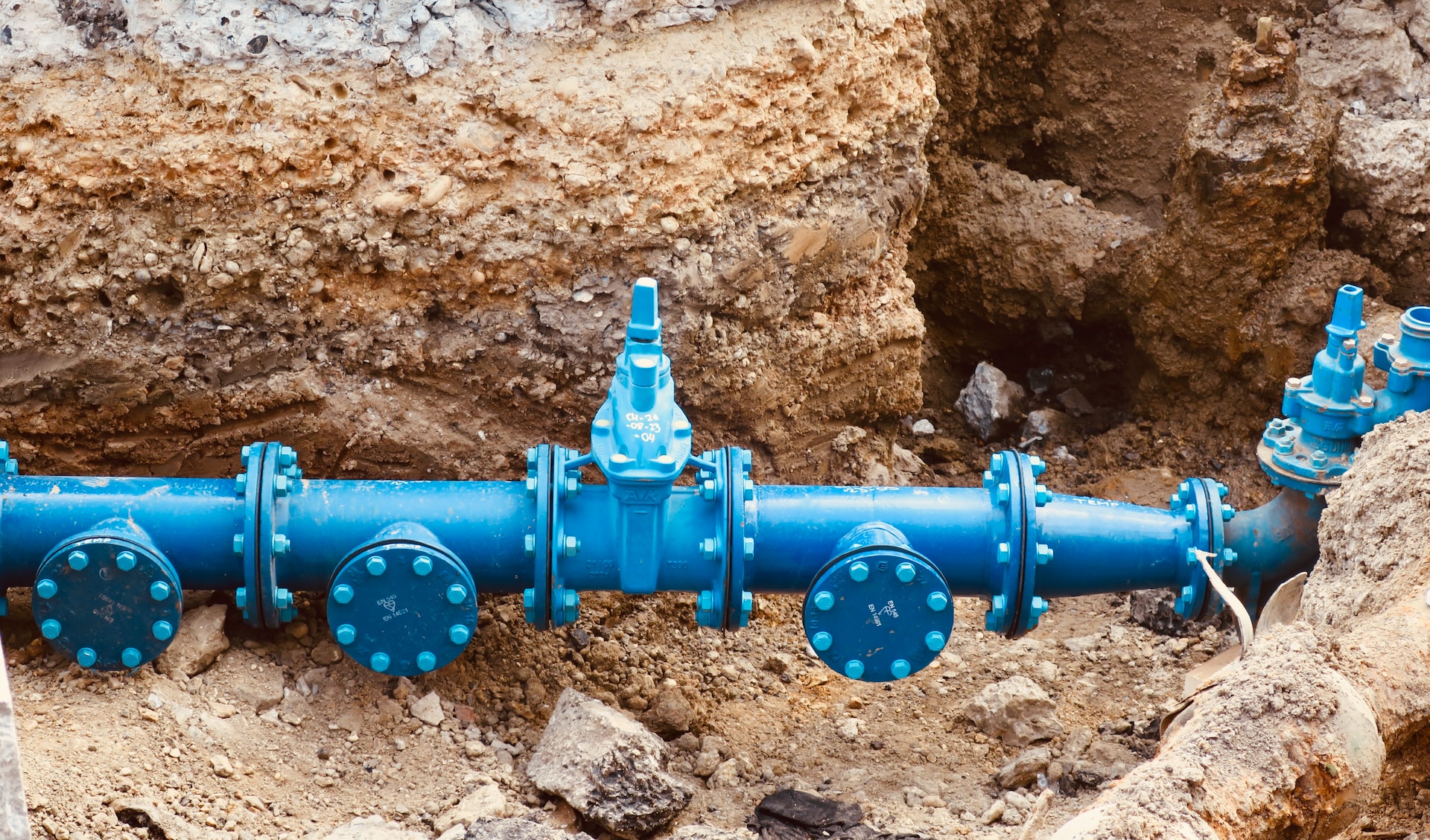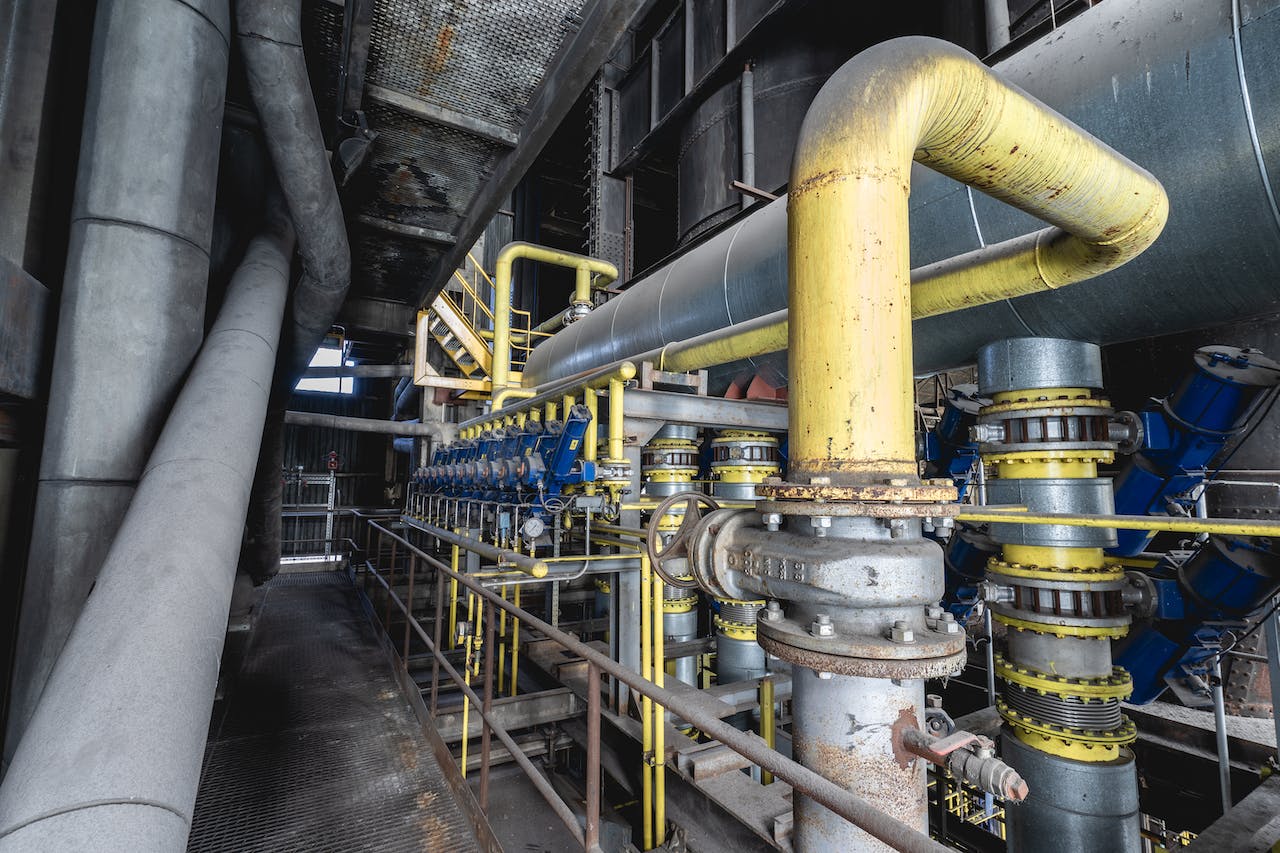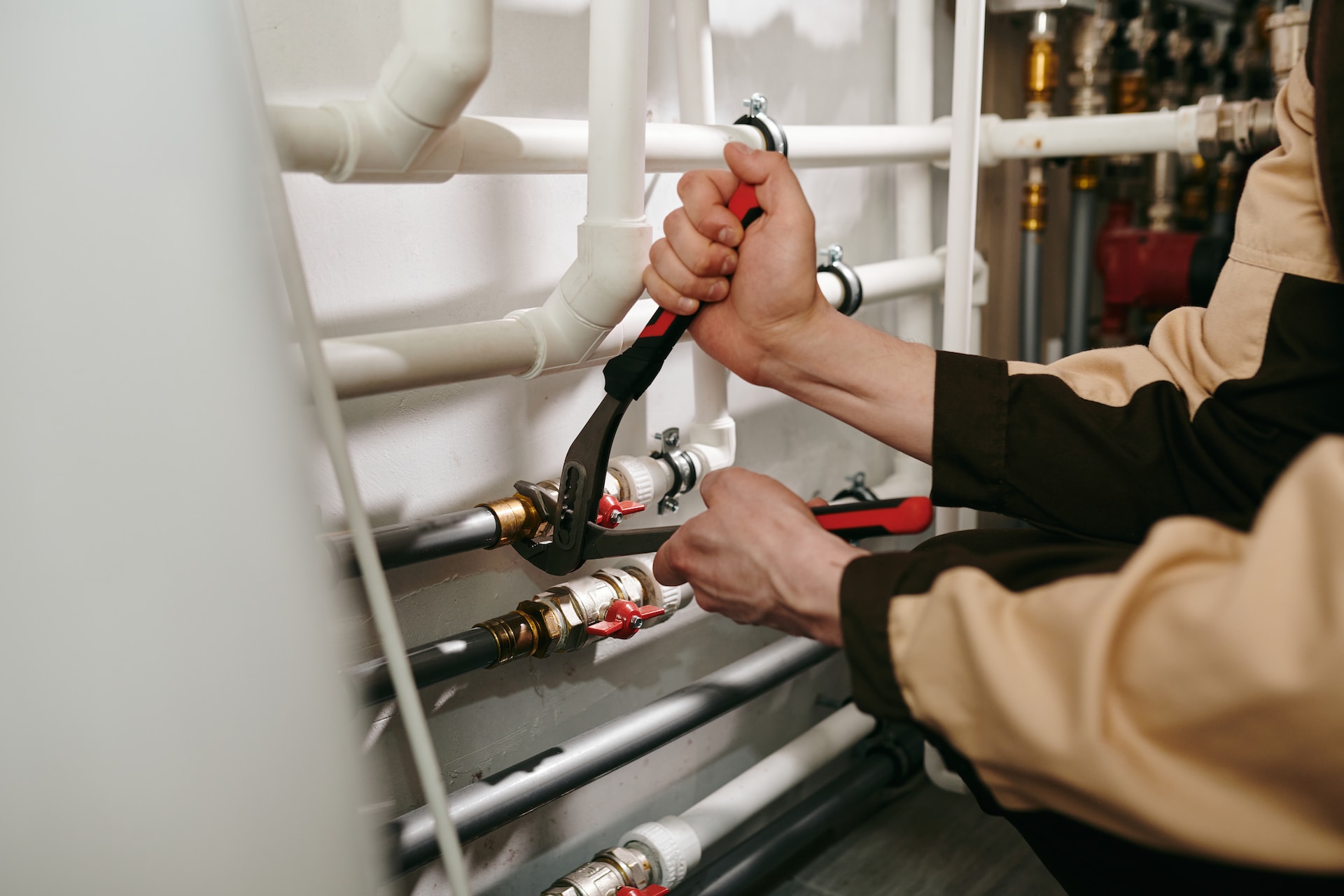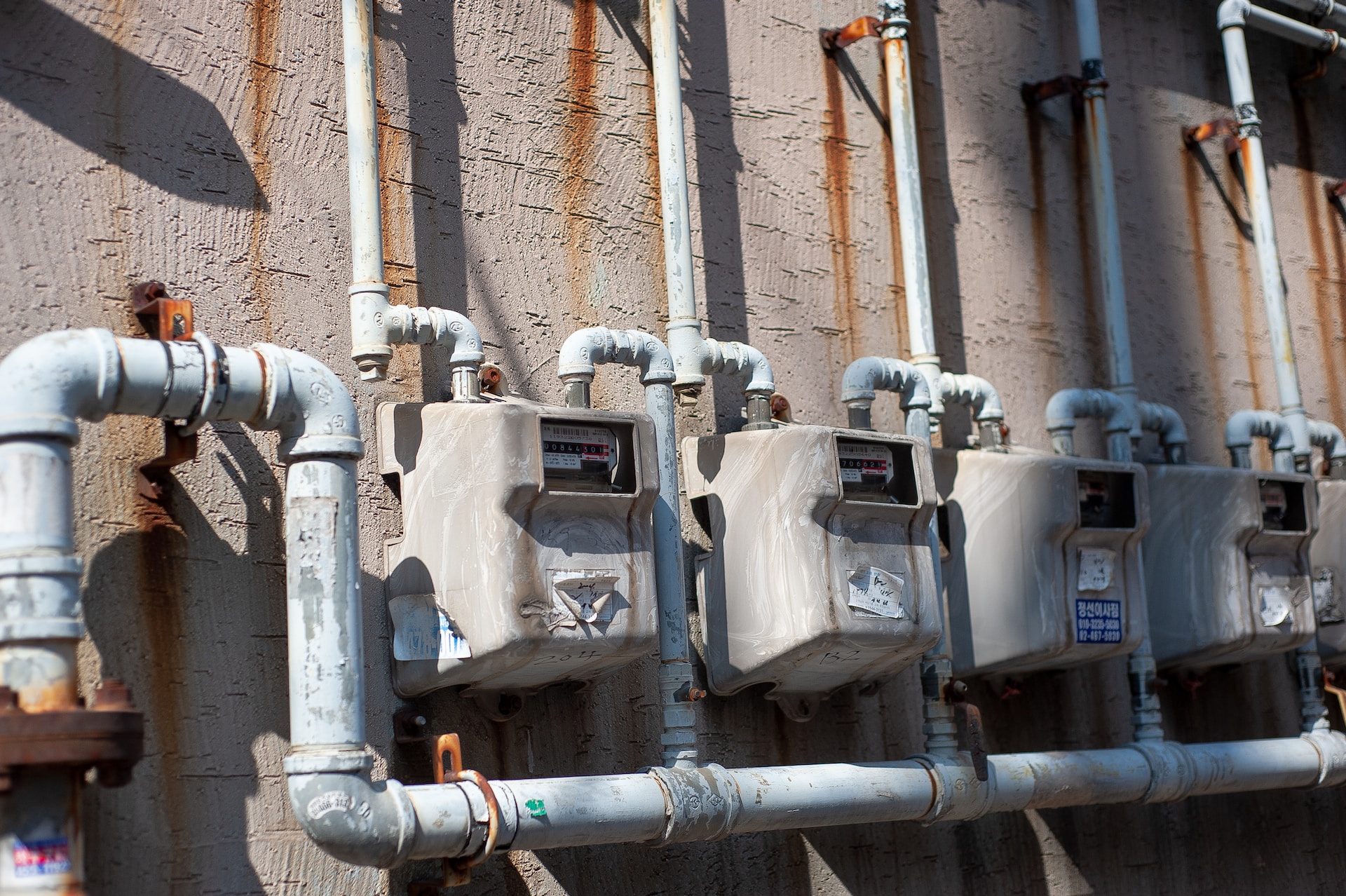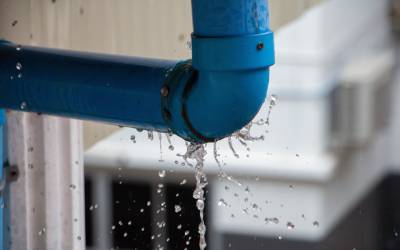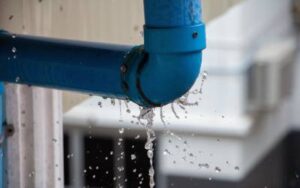Blocked drains can wreak havoc on your property, leading to unpleasant odors, slow draining fixtures, and potential sewage backups. While various methods exist for clearing drains, hydro jetting offers a powerful and efficient solution. We at D&F Plumbing, Heating and Cooling, a trusted choice for plumbing, heating, and cooling in Portland, OR and the surrounding areas, specialize in hydro jetting services, ensuring that your drains are unblocked the right way.
This ultimate guide to hydro jetting will cover the principles of this innovative drain cleaning method, its advantages over traditional methods, and when it is most appropriate to utilize hydro jetting services. By understanding the benefits of hydro jetting, you can make informed decisions about maintaining your property’s plumbing system, providing an effective solution for stubborn drain blockages.
Understanding Hydro Jetting
Hydro jetting is a highly effective process that uses high-pressure water to clean and unclog the inside of pipes and drains. By utilizing specialized equipment capable of delivering water at pressures ranging from 3,000 to 6,000 PSI, hydro jetting technology can clear obstructions, eliminate accumulated residue, and restore proper water flow.
How Hydro Jetting Works
A trained technician first inspects the pipes with a video camera to determine the cause and location of the obstruction. After diagnosing the issue, they introduce a hose with a specialized nozzle into the affected pipe. The high-pressure water released from the nozzle scours the inside of the pipe, removing buildup and dislodging obstructions that cause blockages. The flowing water then flushes away the debris, leaving your pipes clean and free of obstructions.
Advantages of Hydro Jetting Over Traditional Methods
1. Powerful Cleaning Capability
One of the most notable advantages of hydro jetting is its ability to remove stubborn blockages effectively. The high pressure of the water is powerful enough to eliminate not only common clogs caused by hair, grease, and debris but even more challenging obstructions such as tree roots. Traditional methods, such as snaking or using chemical drain cleaners, may not be sufficient to address difficult blockages or fully clean the inside of the pipe.
2. Comprehensive Cleaning
Hydro jetting provides a thorough pipe and drain cleaning. Unlike manual snaking, which may only remove a portion of the blockage, hydro jetting’s high-pressure water streams scour the entire circumference of the pipes, eradicating accumulated buildup and residue. This comprehensive cleaning ensures more significant and lasting results by addressing the root causes of blocked or slow-draining pipes.
3. Safety and Environmental Friendliness
Hydro jetting is a safe and environmentally friendly drain cleaning method. Whereas chemical drain cleaners may contain toxic or corrosive substances that can harm your plumbing system and pose environmental concerns, hydro jetting relies solely on water to eliminate obstructions. Additionally, hydro jetting is suitable for various types of pipes, including cast iron, PVC, and clay, as the technician can adjust the water pressure to avoid damage to your specific system.
4. Preventative Maintenance
Regular hydro jetting services can maintain the health and functionality of your plumbing system. By implementing a routine maintenance schedule, you can prevent the buildup of stubborn debris, which may lead to more severe blockages or even pipe damage if left untreated. This proactive approach to drain cleaning can save you time, money, and frustration by addressing potential issues before they escalate.
When to Utilize Hydro Jetting Services
1. Stubborn Blockages
If you’re dealing with a particularly stubborn blockage resistant to conventional methods, hydro jetting can be the solution you need. The high-pressure water is capable of breaking through difficult obstructions that other procedures fail to resolve.
2. Grease Accumulation
Over time, kitchen pipes can accumulate significant amounts of grease, which can harden into a dense, pipe-narrowing mass. Hydro jetting can effectively break down and remove grease buildup, restoring optimal pipe diameter and water flow.
3. Root Intrusion
Tree root infiltration in underground pipes is a severe issue, as roots can damage the structure of the pipe and lead to leaks or complete blockage. Hydro jetting can expertly remove roots from pipes without causing further damage to your plumbing system.
4. Preventative Maintenance
Having hydro jetting performed as an annual or biannual maintenance service is an excellent way to ensure your plumbing system remains free of stubborn buildup and potential blockages. By proactively preventing obstructions, you can secure the long-term health of your pipes and drains.
Choosing a Professional Provider for Hydro Jetting Services
Because hydro jetting employs high pressures and specialized equipment, it is crucial to rely on experienced professionals to execute the service safely and effectively. We have the expertise and equipment necessary to elevate your drain cleaning experience.
Our skilled professionals at D&F Plumbing, Heating and Cooling can assess your individual plumbing system’s needs, identify issues, and provide hydro jetting service to resolve blockages efficiently. By partnering with a reputable provider, you can feel confident that their expertise will deliver optimal results and safeguard your property’s plumbing system.
Hydro jetting offers numerous advantages, including powerful cleaning capability, comprehensive pipe and drain cleansing, safety, and environmental friendliness. By incorporating hydro jetting services into your plumbing maintenance routine, you can address stubborn blockages and maintain a healthy, functional plumbing system. Choosing to work with us at D&F Plumbing, Heating and Cooling will ensure that your drains are unblocked the right way.
Experience the Benefits of Hydro Jetting with D&F Plumbing, Heating and Cooling
Hydro jetting offers an efficient, powerful, and environmentally friendly solution for unblocking your drains and maintaining a functional plumbing system. By partnering with D&F Plumbing, Heating and Cooling, you gain access to expert hydro jetting services that maximize the benefits of this innovative drain cleaning method while safeguarding your property’s plumbing.
Don’t let stubborn blockages or recurring drain issues continue to plague your home. Reach out to us at D&F Plumbing, Heating and Cooling today to schedule a consultation and discover the advantages of hydro jetting services for your property. Allow our experienced team of plumbing professionals to provide the expert care and attention required to keep your drains flowing smoothly, protecting your home and your peace of mind.

